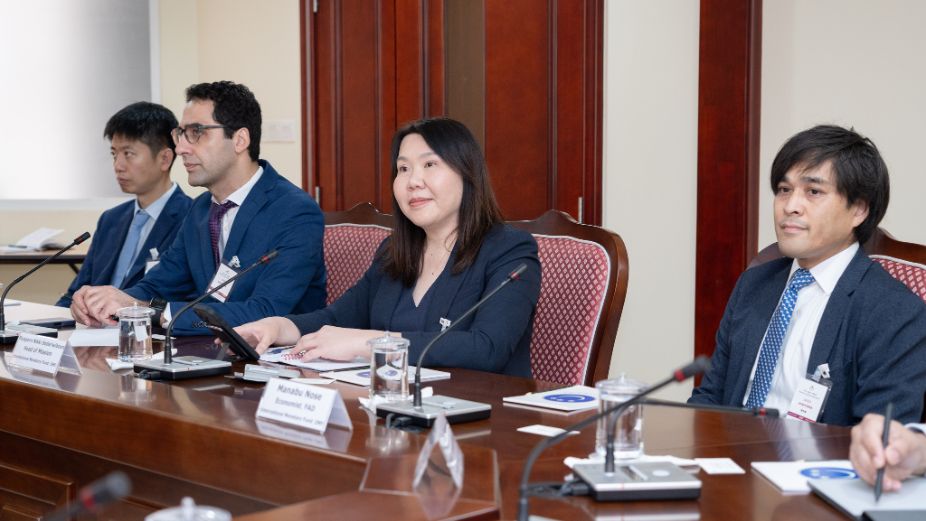
The International Monetary Fund (IMF) has once again urged the Maldivian government to accelerate its economic reform agenda, warning that further delays could deepen the country’s fiscal and debt vulnerabilities. The call was made during discussions with the Parliamentary Joint Committee of Public Accounts and Economic Affairs, where an IMF delegation presented its assessment of the Maldives’ economic situation.
IMF Mission Chief Piyaporn Nikki Sodsriwiboon noted that while the Maldivian economy is expected to grow by five percent this year, driven primarily by the tourism sector and the new terminal at Velana International Airport, the country’s fiscal position remains precarious. She stressed that delays in implementing key reforms were exacerbating external and internal financial pressures.
The IMF highlighted several areas requiring urgent action, including reforms to subsidies, state-owned enterprises, and the public health insurance scheme, Aasandha. The delegation also called for a reprioritisation of capital spending to reduce the fiscal deficit, which is projected to stand at MVR 9.4 billion this year.
Sodsriwiboon pointed to large-scale infrastructure projects and extensive social assistance programmes as key contributors to the Maldives’ growing debt burden, which has exceeded 120% of GDP. She warned that failing to act swiftly could lead to even greater financial instability.
Despite these concerns, the IMF acknowledged the steps already taken by the government, such as the revision of the Goods and Services Tax (GST) in 2023, amendments to financial laws, and the decision to halt money printing. The government has also estimated that cost-cutting measures could save MVR 6.6 billion this year.
President Mohamed Muizzu, in his recent parliamentary address, reaffirmed his administration’s commitment to reducing the budget deficit through a combination of revenue generation and expenditure cuts. The government has already paused major infrastructure projects, a move welcomed by the IMF as a necessary step in stabilising public finances.
The IMF delegation also praised efforts to restructure the subsidy system, emphasising the need to ensure that only those in need receive financial assistance. Additionally, international credit agencies, including Moody’s and Fitch, have downgraded the Maldives’ credit rating, citing dwindling foreign currency reserves and persistent fiscal challenges.
With the 2025 state budget set at MVR 56.6 billion, including MVR 11.5 billion in additional fiscal reforms, the government faces mounting pressure to implement decisive economic policies. The IMF’s message remains clear—delays are no longer an option, and immediate action is required to prevent further economic deterioration.












